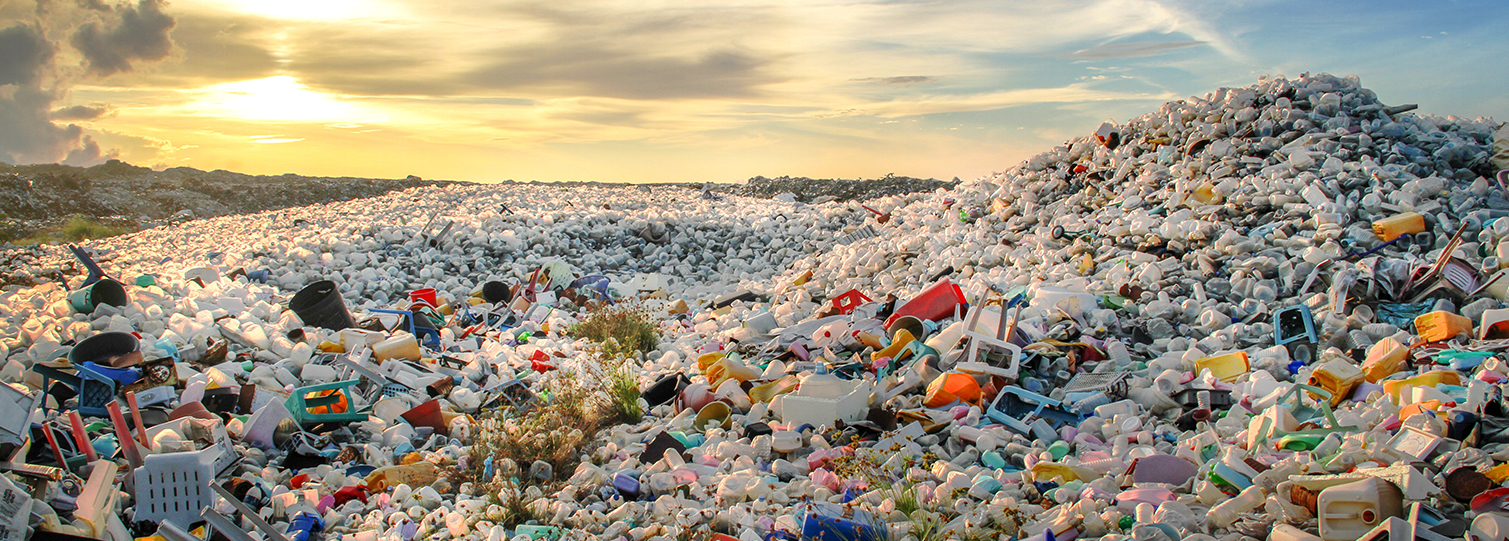There are several issues right now putting the U.S recycling industry under a lot of pressure, two of the more pertinent ones being the cost of sorting non-recyclables making their way into the facilities, and the quality of the recycled product that has to be sold on for the facilities to run at a profit. Here are 5 steps to ensure you are helping to prevent these issues.
- Repurpose before Recycling
First and foremost finding a way to repurpose or up-cycle your used items is the best way to prevent being wasteful. There are always new and innovative ways to turn used household goods into functional items that continue to have value for years to come.
- Not cleaning the containers that housed food
Greasy, food-covered cardboard can destroy an entire run of recycling. Containers that have leftover foods, such as pizza boxes and other forms of take out containers, actually end up in the trash because it is too risky for plants to run them through the system. Take the time to rinse out your recycling to ensure that it gets accepted.
- Not rinsing out your drink containers
Just like food containers, drink containers need to be rinsed out before recycling. This is not only a great way to assist the facilities in creating high quality byproduct but it is also a great way to prevent all that fowl smelling, sticky residue from ruining your recycling bin. Cans, bottles and all beverage containers should be rinsed. We recommend buying a nice water bottle to reuse so you don’t have additional bottles to throw away.
- Shredded Paper is not recyclable
Shredded paper is NOT recyclable! The small pieces of paper fall through the sorting system and cause a lot of mess and headaches for recycling facilities. Some facilities allow you to recycle shredded paper by placing them in a paper bag and labeling it correctly. Contact your local municipality to find out if they have a specific way they can receive shredded paper.
- Plastic Bags cannot go in regular recycling bins
Grocery store plastic bags cannot go in regular recycling bins. Most grocers have their own recycling depot at the stores; return the bags here to ensure they are not going to waste. Even better, buy and carry a reusable shopping bag so you don’t have to take any disposable ones in the first place.

